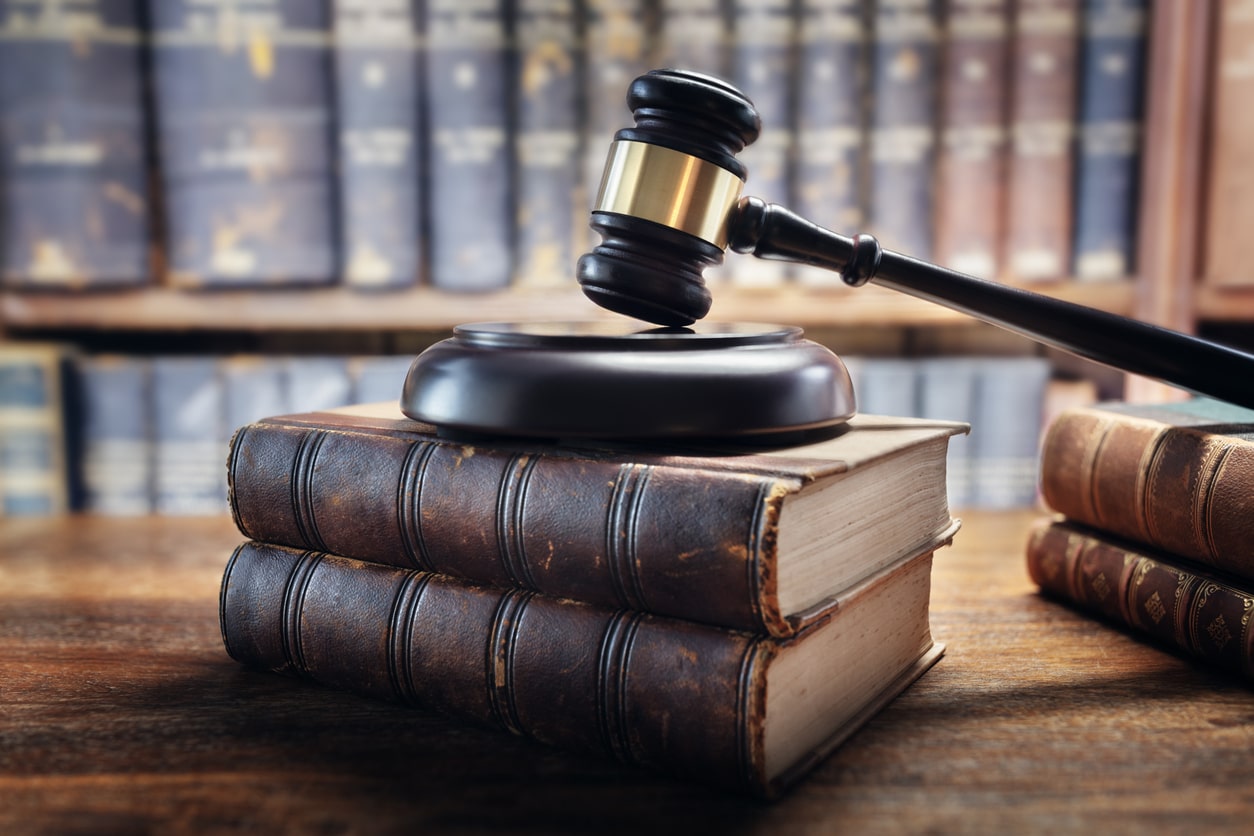Being accused of academic misconduct can jeopardize more than just a single assignment or course. Many colleges and universities treat academic integrity violations as serious disciplinary matters, and a confirmed violation can result in failing grades, disciplinary probation, suspension, or permanent marks on your transcript. These outcomes can have lasting consequences for your education, graduate school prospects, and career. If you received notice of an academic misconduct allegation, it is essential to act quickly and carefully. You have a right to respond to the allegation, explain your actions, and present supporting information. Early guidance from an experienced advisor in academic misconduct defense can help you navigate this process strategically and avoid making mistakes that could worsen the situation.
Ms. Mitchell advises college students facing academic misconduct charges, helping them prepare for meetings, hearings, and written responses at every stage of their school’s disciplinary process.
What Constitutes Academic Misconduct?
Each institution defines academic misconduct in its own way, but most colleges and universities have written policies that prohibit a wide range of dishonest or unethical academic behavior. These may include:
- Plagiarism
- Cheating on exams or assignments
- Unauthorized collaboration
- Using prohibited materials during tests
- Falsifying research data or citations
- Submitting the same work for multiple courses without permission
- Misuse of academic resources
- Impersonation or falsified attendance
- Unauthorized use of AI tools or third-party content generators
Even accidental or first-time violations can result in serious disciplinary action. Students often find that their intent doesn’t matter as much as the technical violation of policy, and they may not be given the benefit of the doubt if they are unprepared to respond.Having a strategy for your academic misconduct defense is crucial.
What to Expect From the Process
Academic misconduct cases typically begin with a notification from a faculty member, the academic integrity office, or the student conduct department. From there, the process may include:
- A review of the evidence (e.g., plagiarism detection reports, exam materials, emails, or communications)
- An opportunity to meet with the faculty member or administrator
- A formal hearing or panel process
- Issuance of a decision and potential sanctions
- The opportunity to appeal
Some schools allow students to resolve the matter through an informal meeting or resolution agreement. Others require a formal conduct hearing, particularly if the alleged violation is severe or if the student contests the allegation.
Ms. Mitchell helps students understand their school’s specific process and prepare at each stage. Where permitted, she serves as an advisor during meetings and hearings. When advisor attendance is not allowed, she ensures students are fully prepared with clear, structured responses.
How We Build a Strong Academic Misconduct Defense for Students
Academic misconduct proceedings are often document-heavy and policy-driven. While they may not resemble legal trials, they can have similar long-term consequences. A thoughtful and strategic academic misconduct defense is essential.
Ms. Mitchell supports students by:
- Reviewing the allegations and all supporting evidence
- Explaining the academic integrity policy in plain terms
- Helping students draft a professional and persuasive response
- Identifying important context, intent, or mitigating factors
- Preparing for faculty meetings, panel hearings, or appeals
- Advising on whether to contest the charges or accept resolution terms
The goal is not to make excuses, but to help students present the strongest possible case in a process where outcomes can vary widely based on preparation and presentation.
Protecting Your Future
A confirmed academic integrity violation can stay with you beyond your current school year. Some colleges note violations in your permanent academic file or transcript, and graduate programs or professional licensing boards may request conduct records. Responding early and thoroughly gives you the best chance to minimize long-term consequences and move forward with confidence.
Please contact Megan Ballard Mitchell today or complete the confidential contact form to schedule a consultation.
Ms. Mitchell is licensed to practice law in Georgia and advises students in other states in a non-legal, advisory capacity.


